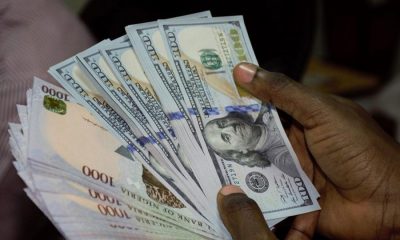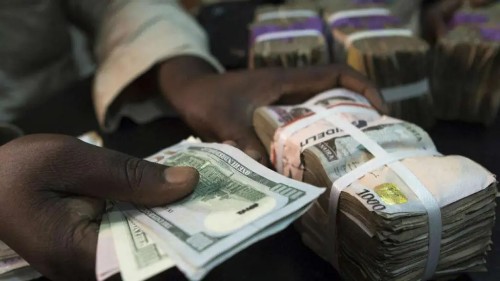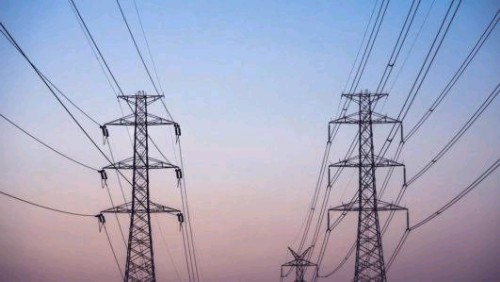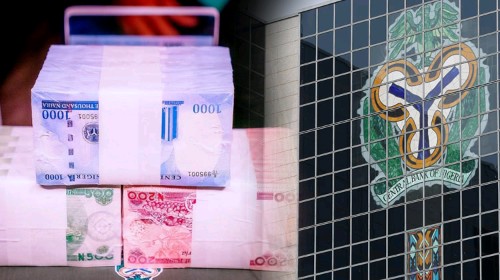The Federal Government has made the decision to reduce sales to cross-border markets in the Niger Republic, Niger Republic, and Togo in order to enhance the local electricity supply.
The Nigerian Electricity Regulatory Commission (NERC), which oversees electricity regulation, directed the System Operator (SO), a division of the Transmission Company of Nigeria, to limit power delivery to the three nearby customers to 6%.
The vice chairman of the commission, Musiliu Oseni, and chairman of the commission, Sanusi Garba, jointly signed the NERC order, which was published on Friday. It was dated April 29, 2024 and went into effect on May 1, 2024.
The directive, outlined in a document titled ‘Interim Order on Transmission System Dispatch Operations, Cross-border Supply, and Related Matters,’ will only last for six months, subject to change.
According to the document, power delivery to Nigeria’s neighbours must not exceed six per cent of the total grid electricity at any given time.
The electricity sector regulator expressed concern about sub-optimal grid dispatch practices, which have impacted the ability of Distribution Companies (DisCos) to meet their service tariff commitments to end-users.
“The reliance on limiting Discos’ load off-take while prioritising international off-takers and Eligible Customers has proven neither efficient nor equitable,” the document read.
NERC stressed that the current international and bilateral contracts with Generation Companies (GenCos) often fall short of industry standards.
It stated that many off-takers contracted bilaterally by GenCos exploit this prioritisation, exceeding their contracted levels during peak operations without penalties.
As an interim measure, NERC said the move was targeted at guiding the system operator and TCN in implementing Standard Operating Procedures to enhance transparency and fairness in grid operations.
The order also called on the system operator to place interim caps on capacities supplied to international customers for the next six months, minimising the impact on domestic supply obligations by Gencos.
The document stated that the system operator must develop and present a pro-rata load-shedding scheme to ensure equitable load allocation to all off-takers (Discos, international customers, and eligible customers) during generation drops or grid imbalances.
“The system operator will log and publish hourly readings, enforcing penalties for violations of grid instructions and contracted nominations. Maximum load allocation to international off-takers in each trading hour shall not exceed six per cent of the total available grid generation.”
It partly read, “The commission hereby orders as follows: The system operator shall develop and present to the commission for approval within seven days from the issuance of this order a pro-rata load-shedding scheme that ensures equitable adjustment to load allocation to all off-takers, Discos, international customers, and eligible customers, in the event of a drop in generation and other under-frequency related grid imbalances necessitating critical grid management.
“The system operator shall implement a framework to log and publish hourly readings and enforce necessary sanctions for violation of grid instructions and contracted nominations by off-takers in line with the grid code and market.
“The aggregate capacity that can be nominated by a generating plant to service international off-takers shall not be more than 10 per cent of its available generation capacity unless in exceptional circumstances a derogation is granted by the commission.“The system operator shall henceforth cease to recognise any capacity addition in bilateral transactions between a generator and an off-taker without the express approval of the commission,” it added.
It urged, “The system operator and TCN to immediately initiate and install integrated Internet of Things (IoT) meters at all off-take and delivery points of eligible customers, bilateral supplies, cross-border trades, and outgoing 33kV feeders of the Discos to provide real-time visibility of aggregate offtake by grid customers.
“The installation of and streaming of data from the IOT meters should be completed within three months from the date of this order.”

 BIG STORY3 days ago
BIG STORY3 days ago
 BIG STORY24 hours ago
BIG STORY24 hours ago
 BIG STORY5 days ago
BIG STORY5 days ago
 BIG STORY23 hours ago
BIG STORY23 hours ago
 BIG STORY18 hours ago
BIG STORY18 hours ago
 BIG STORY1 day ago
BIG STORY1 day ago
 BIG STORY4 days ago
BIG STORY4 days ago
 BIG STORY4 days ago
BIG STORY4 days ago




















